jewish burial customs embalming
Jewish law requires the body be allowed to return to the earth as soon as possible. The burial is an important part of Jewish funeral customs.

Germany S Lonely Dead Germany News And In Depth Reporting From Berlin And Beyond Dw 25 11 2018
Traditions Customs for Jewish Funeral Services.

. Ideally the body is to be buried on the same day of the death. The reason for this is so that the process of decomposition can take place in a natural fashion. A Jew should be buried only among fellow Jews in a Jewish cemetery.
Jewish burial timing encourages families to complete the burial as soon as possible. The Jewish mystical tradition believes that the departure of a soul from the body is spiritually painful and that anything that prolongs that process such as embalming would aggravate the souls pain. As with burial and interment Judaisms funeral involves a burial.
Jewish tradition regards it as a matter of great importance that only fellow Jews should handle the body of a deceased Jew carry or wheel the casket place the casket in the earth and fill in the grave. The deceased can in no wise benefit from this procedure. We discuss the funeral process and answer some of the most common questions about a Jewish funeral.
Jewish funerals happen quickly and are very simple. There are also strong Jewish beliefs around cremation namely that cremation isnt allowed. The family and the church should be prepared for a short period of time after death prior to burial.
The body is guarded or watched from the moment of death until after burial. Jewish Death Rituals According to Jewish Law. In so doing they followed the pattern set by the patriarchs.
A group of Jewish men and women known as the Chevra Kadisha oversee this process ensuring that the body is protected and prepared according to Jewish funeral customs. Jewish law prohibits Cremation and embalming. It is forbidden to burn human bodies in any way.
Later we talk about customs on burial mourning prayers and provide some recommendations on funeral. Burial is considered the best way to allow the body to decompose naturally. Many Jewish families buried their dead in caves and tombs carved out of the soft rock common in many parts of Israel.
The deceased is buried wearing a simple white shroud tachrichim. The body of the deceased is washed thoroughly. According to the Jewish Encyclopedia this custom stems from the Mosaic Law which ordered that any person hung from a tree or cross as a form of execution should be taken down and buried within a day after death.
So important is this principle that Jewish law prohibits the embalming of a person even where he has specifically willed it. Open caskets are not permitted at Jewish funerals. Aside from the Chevra.
However both religions consider organ donation as permissible. How to plan a Jewish funeral. Due to this embalming would not be permissible since a body should be buried naturally decompose before its been turned into a grave.
Disturbance of the inner organs sometimes required during the embalming procedure is strictly prohibited as a desecration of the image of God. It is called this way because at Jewish funeral traditions calls for accompanying the body to the place of burial. Jewish law prohibits embalming a person even when embalming is specifically requested in a will.
Both traditions require the prompt burial of the dead. Abraham Sarah Isaac Jacob and others were buried in the cave of Machpelah near Hebron. Here are a few common Jewish burial customs and Jewish death rituals.
A traditional Jewish burial and funeral are prevalent among the Orthodox and Conservative sects with modifications under Reform Judaism and Reconstructionists. Islam and Judaism forbid embalming and routine autopsies as desecration of the dead. It is traditional Jewish practice to perform a ritual washing of the body Tahara and then to dress it in a plain burial shroud.
By prohibiting embalming and unnecessary delay in burial Jewish tradition draws a very distinct line between respect for the dead and worship of the dead. Embalming is the artificial treatment of a corpse to prevent or delay its putrefaction. Ideally the placement of the casket in the ground should happen.
Whether youre going to attend a Jewish funeral or just curious about the topic this guide will give you all the important traditions. Once this was done relatives and friends could come to the home to say goodbye to the deceased for the last time. The community frowns on complicated and.
Watchers Chevra Kadisha remain. By the time of Christ the custom was that the body was elaborately wrapped in a shroud and the face was covered with a special cloth called a sudarium. Both embalming and cremation are traditionally forbidden though many Jewish communities.
Embalming is also not permitted unless required by law. Bender Beliefs Rites and Customs of the Jews Connected with Death Burial and Mourning in Jewish Quarterly Review 1894 and 1895. A Jewish funeral service generally incorporates many rituals and customs that are set forth in the Torah according to Jewish law.
Learn more about Jewish funerals here. As such no embalming is allowed and the funeral is typically closed casket. What to expect at a Jewish funeral.
In ancient Egypt the technique consisted according to Herodotus of using an iron hook to draw out the brain through the nostrils and then making a cut along the flank to remove the abdominal contents which were washed and soaked in palm wine and infusions of spices and then. As per Jewish law the body is washed Tahara but not embalmed before being buried in a plain shroud in accordance with Jewish tradition. A few notable Jewish burial traditions affect the planning and coordination when laying a loved one to rest.
The deceased is buried in a simple pine coffin. A Jewish funeral ceremony is called a ceremony is called a Levayah accompaniment. Therefore the casket must be made entirely from wood with several holes drilled in the bottom to hasten decomposition and the bodys return to earth.
Timeline for Jewish Burial. Traditional Jewish funeral customs will not display the deceased body. The hands and feet were tied with strips of cloth.
A Jew should be buried only among fellow Jews in a Jewish cemetery. Embalming of the deceased is not allowed according to Jewish law. Wiesner Die Leichenbestattung in Thalmudischer und Nachthalmudischer Zeit in Ben Chananja 1861 pp.
Jewish Burial Customs 1. The Hebrews buried their dead immediately no later than a day after the person passed away. Jewish funerals emphasize simplicity to avoid embarrassment for the poor.
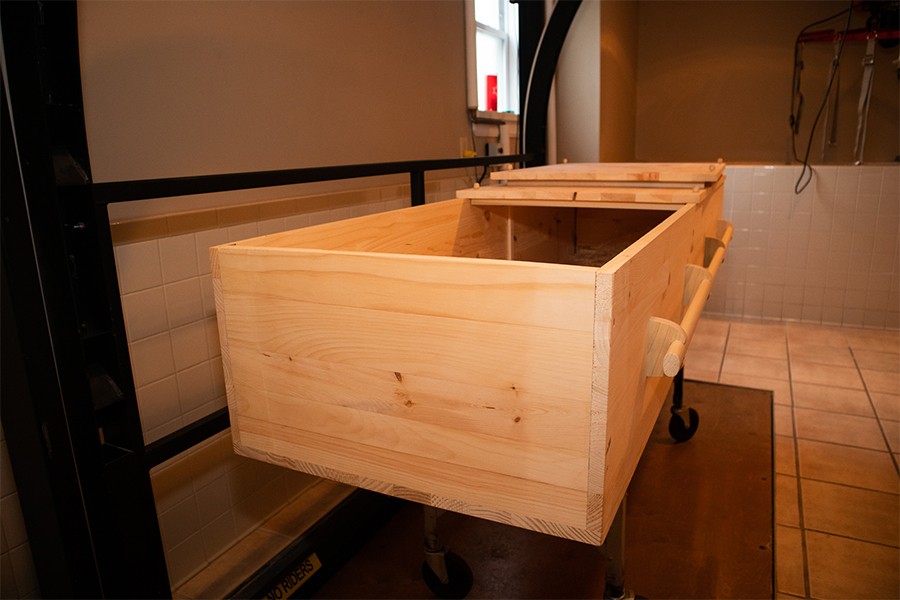
Chevra Kadisha Ensures Jewish Burials Follow Rituals Traditions Community Review
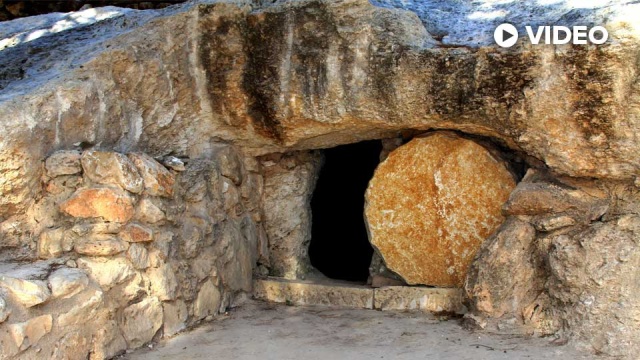
The Tomb Of Jesus First Century Jewish Burials

The Royal Mummy Of King Tutankhamun Wrapped In Linen Bandages Enfolding Over 150 Carefully Placed Sacred Jewel Tutankhamun Egyptian Era Egyptian Mummies
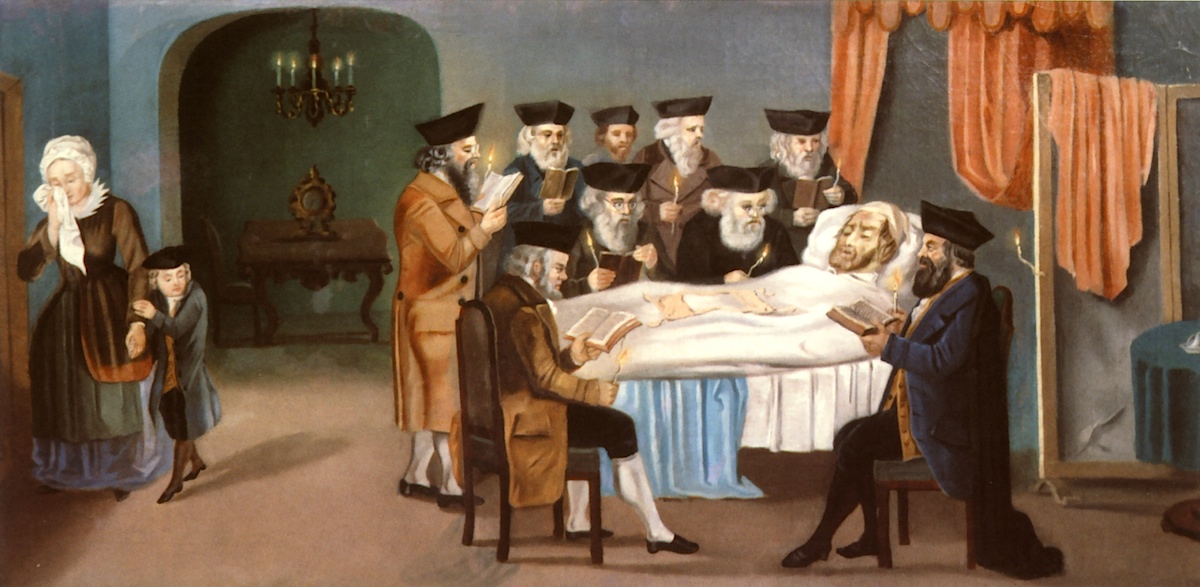
Jewish Traditions For Death Burial And Mourning Rohatyn Jewish Heritage

Jewish Mourning Faq My Jewish Learning

Jewish Mourning Faq My Jewish Learning
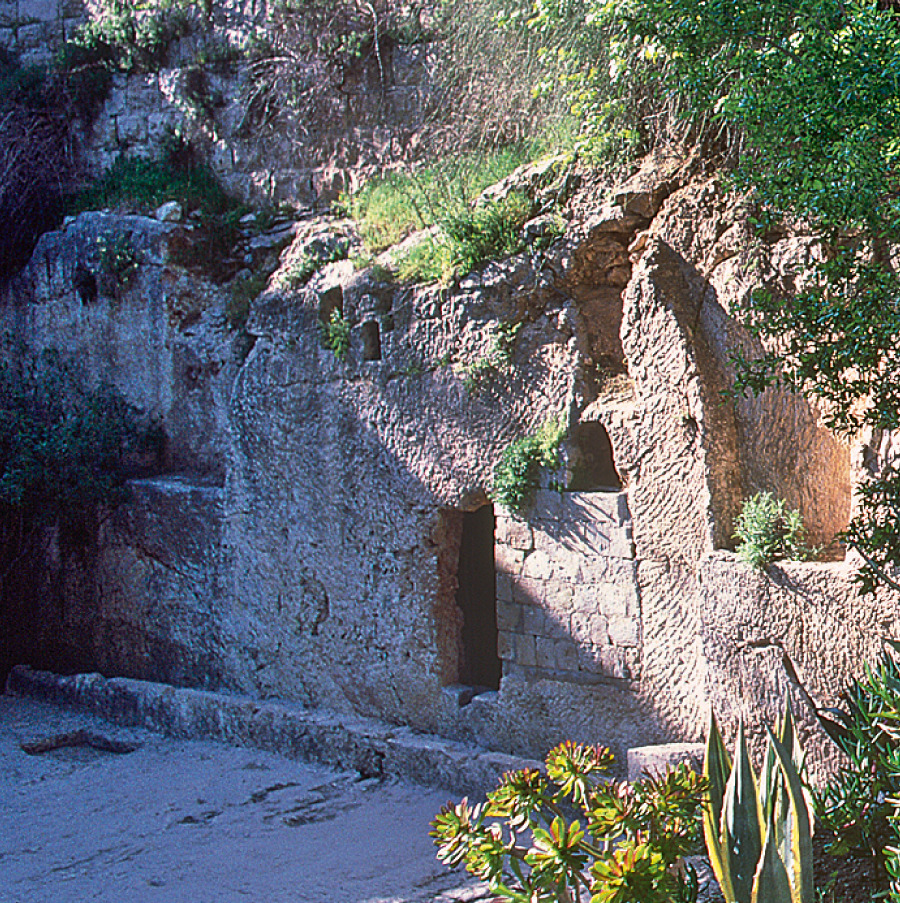
Burial Preparations Of The First Century Jews Did You Know
Regulations On Funerals Burials And Cremation In Idaho Trusted Caskets

That The World May Know Burial Practices
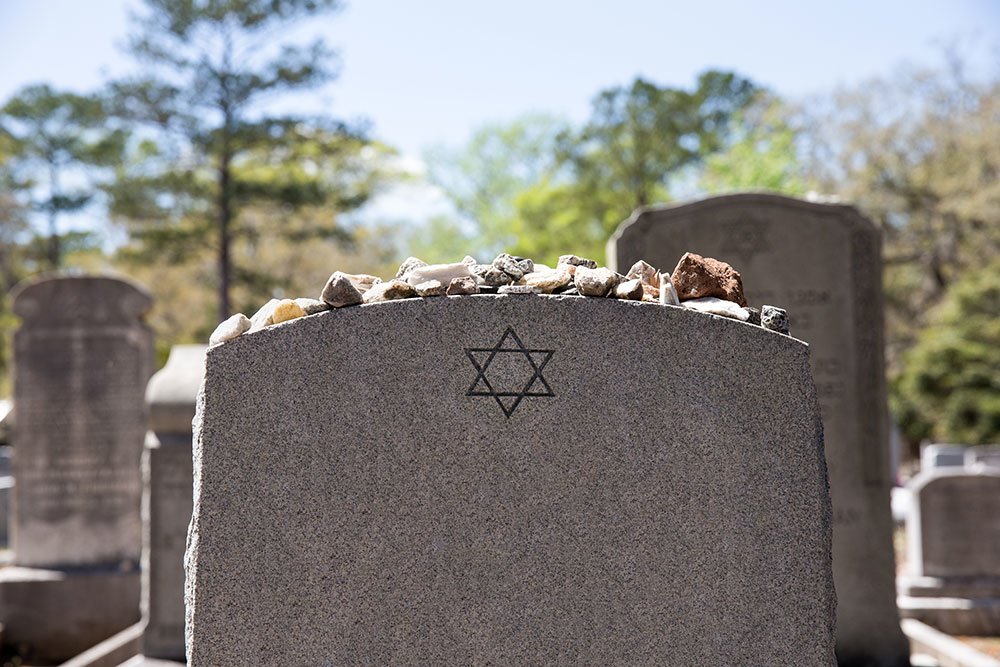
Jewish Burial Customs Welcome To Willowbrook Cemetery Located In

Burial Vs Cremation Difference And Comparison Diffen
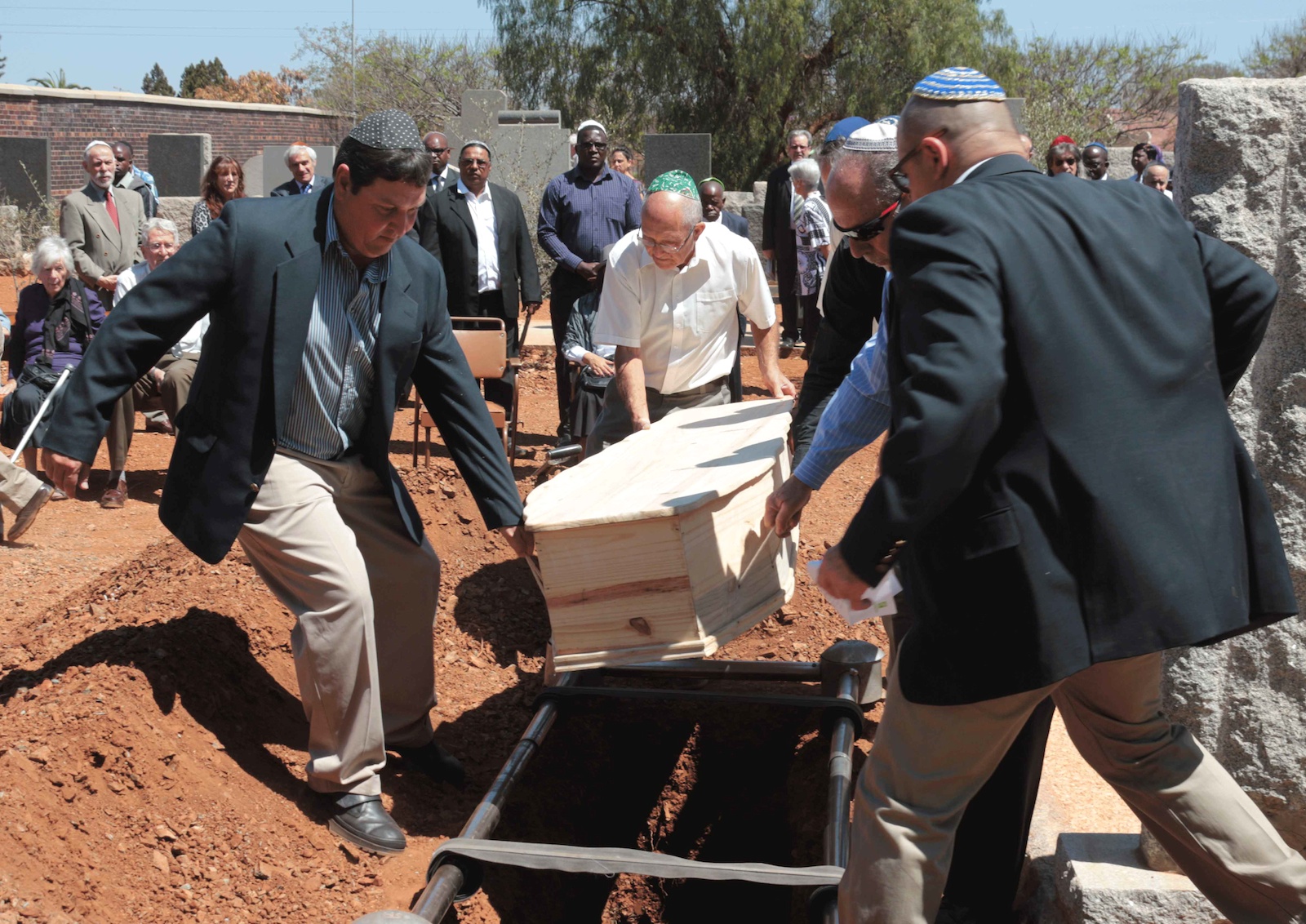
Jewish Traditions For Death Burial And Mourning Rohatyn Jewish Heritage

Complete Guide To Jewish Orthodox Burial Rituals And Caskets Trusted Caskets

R I P German Funeral Rites And Practices Meet The Germans Dw 01 11 2020

Is Burial The Only Option A Christian Can Consider Gotquestions Org
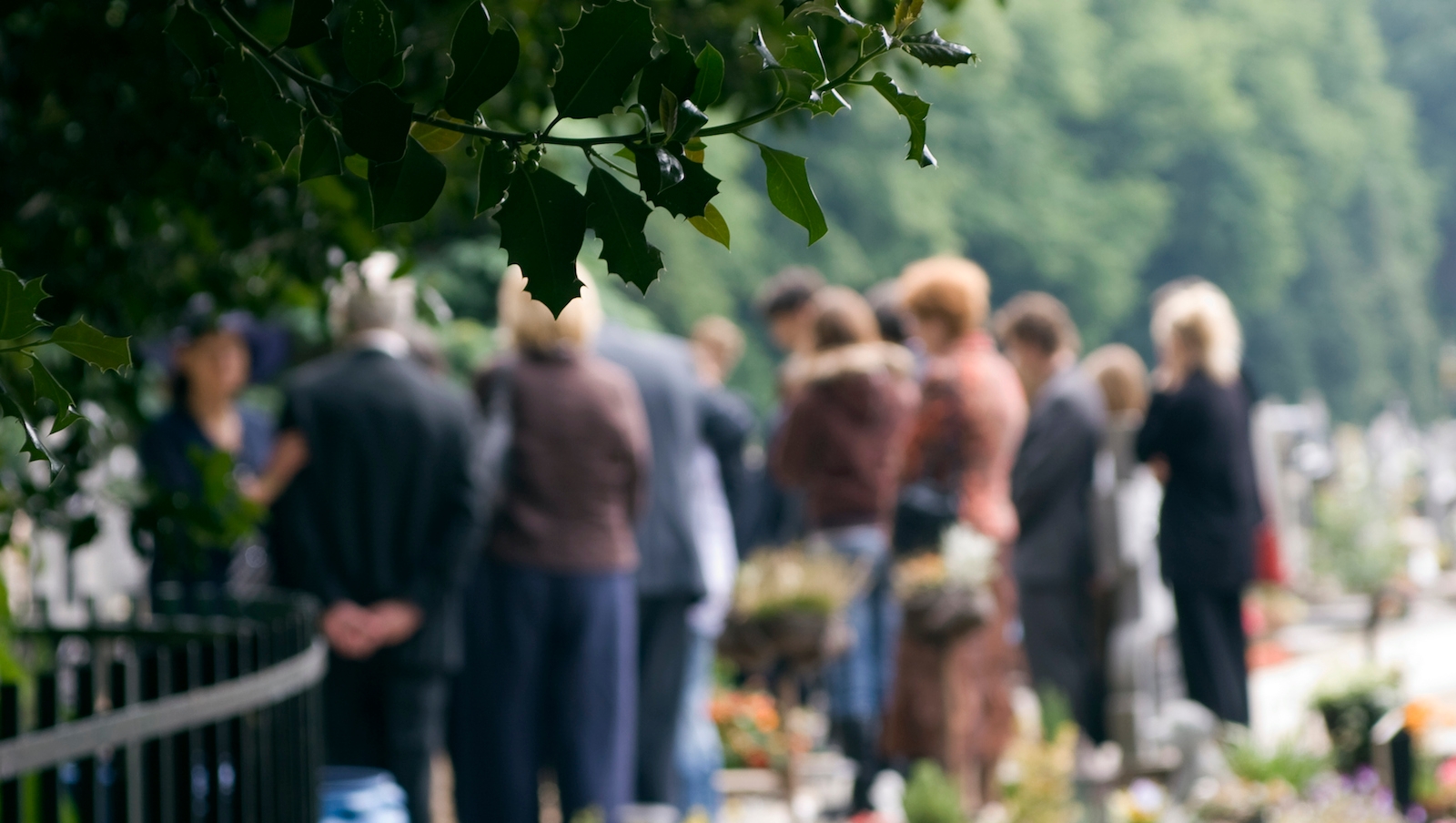
Jewish Mourning Faq My Jewish Learning

Victorian Funerals Funeral Victorian Memento Mori

The Mitzvah Of Burial And The Honor Of The Dead Chayei Sarah 5776 Gateways Org
